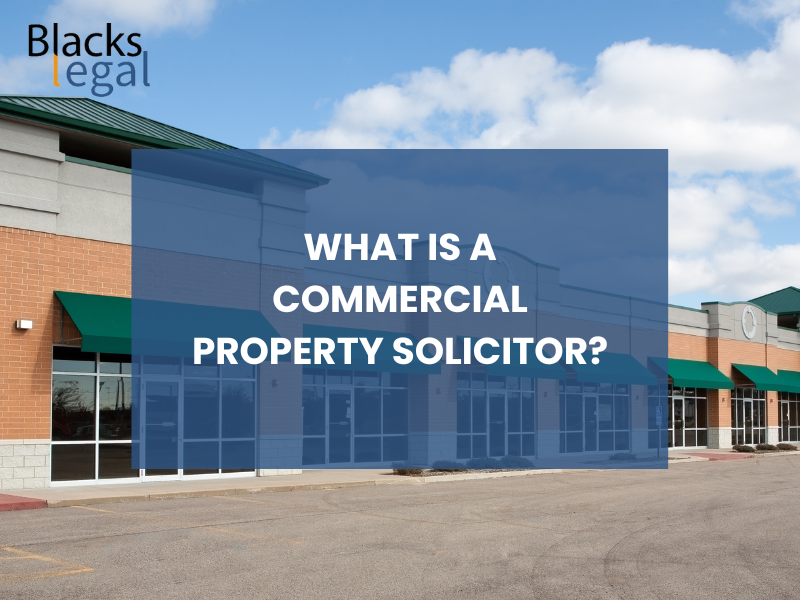Conveyance is the legal process whereby a property is transferred from one owner to another, usually by a sale or sometimes signed over. Transferring a property usually requires the assistance of an agent experienced in residential property law or the conveyance process; a solicitor or a conveyancer.
People often get confused between the difference between a conveyancer and a residential property solicitor, and which they should choose. In this article, we explain the key differences and explain a little about the conveyance process.
What Is The Conveyance Process?
As mentioned, conveyance means the legal transfer of property from one person to another, part of that process may be securing a mortgage. Transferring property from one person to another is often by sale – so you may be a person looking to sell your house, or you may be a buyer. In both cases, you will need to hire a conveyancer or a property solicitor.
Not all property transfers are sales though. For example, you may own a property and wish to make ownership joint with a partner, or in the case of separation, transfer the house to one person's name. There are various reasons why a homeowner may wish to transfer the ownership of a house.
There are lots of steps in the conveyance process but typically it will involve providing all your details and identification, arranging a mortgage (buyers), completing forms and providing your instructions, the issue of contracts, deposit payment, and exchanging contracts. The Land Registry will also need to be informed of a property's new owner. Somewhere in the process, there will likely be a property survey to be arranged too.

Do You Need A Conveyancer Or Solicitor When Transferring A Property Or Buying And Selling?
Technically, the law doesn’t require you to have legal assistance when buying or selling a house – you could take on the legal responsibilities yourself but almost nobody wants to do that…as you can see from the above, the conveyance process can be complex and the vast majority of people wouldn’t feel comfortable taking that amount of responsibility on. In addition, some mortgage lenders may refuse finances if you aren’t working with a conveyancer or solicitor as this could increase their financial risk.
To make sure the process runs smoothly, you need to hire a licenced conveyor or a residential property solicitor. Which brings us to…what is the difference between the two and which should you choose?
Licensed Conveyancer And Solicitor Differences
Because there is a lot of legal work involved in buying or selling a house, most people work with a conveyancer or a solicitor. Both are adequately qualified and equipped to help you with the process but there is a difference.
Conveyancers typically specialise in you’ve guessed it – the conveyance process. So, the legal transfer of property. A solicitor will do the same, except a solicitor will likely have a broader range of experience and specialities. A solicitor may be a better option in complex cases, and they will be able to assist you with any other legal matters you may have. Conveyancers and solicitors ultimately do very similar jobs and one of the major differences will be their qualifications and their breadth of specialities.
A conveyancer isn’t a solicitor – they are legally trained in conveyancing and are regulated by the regulated by the Council for Licenced Conveyancers (CLC). A solicitor will have full legal training, usually work for a law firm and be regulated by the Solicitors Regulation Authority (SRA).
You may be confused hearing different terms as a solicitor specialising in conveyancing is sometimes called a conveyance solicitor, a property or residential solicitor, or just a solicitor. All are still solicitors! You may also hear conveyancers referred to as licensed conveyancers. Probably a bit of a misnomer as all conveyancers should be licensed!

Should You Choose A Conveyancer Or Residential Property Solicitor?
Whether you are buying or selling, or wish to transfer a property, you can work with either a solicitor or a conveyancer. A lot of your decision may come down to personal preference or the complexity of your situation.
Many people choose to work with residential property solicitors because they place value on a solicitor specialising in a specific area of law such as property. You may already have an existing relationship with a solicitor you wish to use, or they may come to you through recommendations from friends or family.
The advantage of using a property solicitor is they will be able to help you with a much broader range of issues aside from the conveyancing process.
For example, here at Blacks Legal we can help with anything property related including, professional or investment ‘buy to let’ buyers and sellers, executors in probate matters, tenancy agreements, transfer of equity, shared ownership or help to buy schemes, and much much more.
If you are buying, selling, or have any residential property legal matter to deal with, please don’t hesitate to contact us.





